Putting Our Knowledge And Experience To Work
Home » Medical Malpractice » Failure to Diagnose or Treat Heart Arrhythmias
Failure to Diagnose or Treat Heart Arrhythmias
Ohio and Northern Kentucky Medical Malpractice Lawyers for Negligent Treatment of Heart Arrhythmias
When it comes to heart health, accurate diagnosis and effective treatment are not just important—they can be lifesaving. Heart arrhythmias occur when the heart beats with an irregular rhythm, and different types of arrhythmias can vary in severity, ranging from benign to life-threatening. When medical professionals fail to diagnose or treat these conditions appropriately, the consequences can be dire.
If you or a loved one has suffered from injuries as a result of a failure to diagnose or treat heart arrhythmia, call the Northern Kentucky and Ohio medical malpractice attorneys at TLF: The Medical Injury Law Firm today. Our experienced attorneys specialize in medical malpractice cases, providing clients with the legal guidance and compassionate support needed to navigate these complex situations.
Call us toll-free at (800) 698-4054 or contact us online to schedule your free initial consultation with a member of our legal team today.
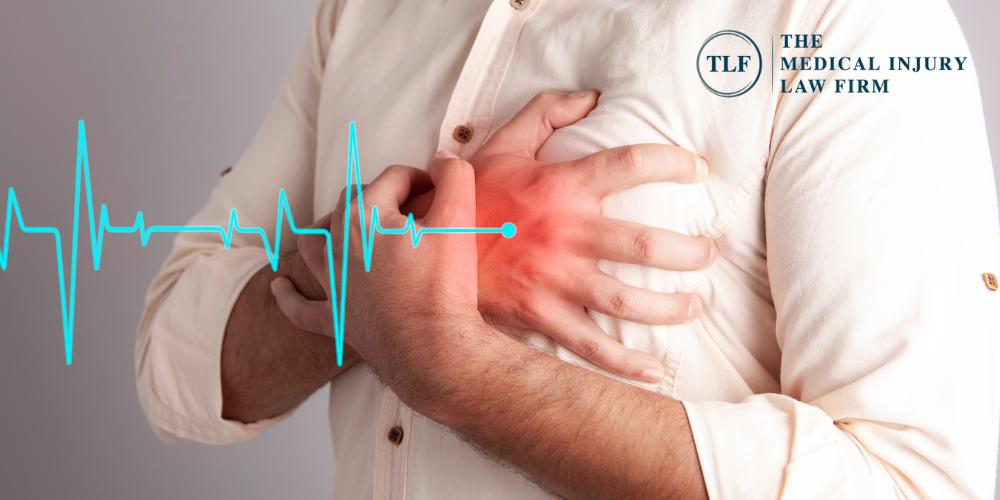
What is a Heart Arrhythmia?
Heart arrhythmia refers to any irregularity in the heart’s rhythm, indicating a deviation from its normal beating pattern. It encompasses a range of conditions where the heart beats too fast (tachycardia), too slow (bradycardia), or in an erratic and uncoordinated manner. This irregularity stems from electrical impulses within the heart that control the heartbeat, leading to various symptoms and potential health concerns.
Electrical impulses control the heart, allowing it to pump blood throughout the body. When the heart’s electrical activity is disturbed, it can cause an irregular heartbeat. Heart arrhythmia, or cardiac arrhythmia, is used to describe any form of abnormal heart rhythm, including conditions where the heart beats too fast, too slow, or in an erratic manner.
Some arrhythmias are relatively benign and may go unnoticed, while others can significantly impact the heart’s ability to pump blood effectively, leading to severe symptoms and even cardiac arrest. Diagnosing heart arrhythmias typically involves a comprehensive evaluation, including a medical history review, a physical examination, and specialized tests that monitor the heart’s electrical activity.
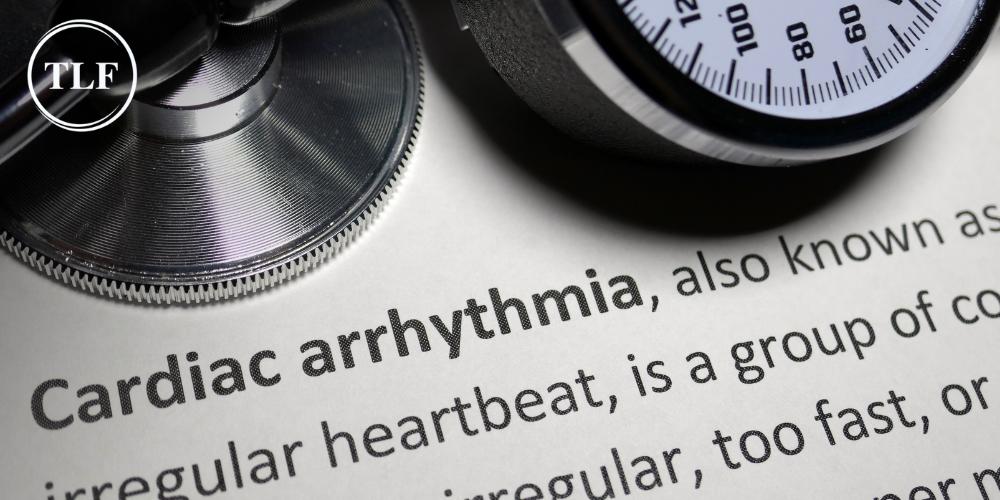
Types of Heart Arrhythmias
There are a number of different heart rhythm disorders people can suffer from. Below are some of the most common types of arrhythmias people suffer from.
Ventricular Arrhythmias
Ventricular arrhythmias originate in the ventricles, which are the lower chambers of the heart. These types of arrhythmias are often considered more serious due to their potential to disrupt the heart’s ability to pump blood to the body. The most common forms include ventricular tachycardia, where the heart beats too rapidly, and ventricular fibrillation, where the heart beats rapidly and erratically.
Supraventricular Arrhythmias
Supraventricular arrhythmias originate above the ventricles in the atria, which are the heart’s upper chambers. These arrhythmias are generally less dangerous than ventricular arrhythmias but can still cause significant discomfort and complications. Common types include atrial fibrillation (AFib), the most common form of serious arrhythmia, and atrial flutter.
Inherited Arrhythmias
Inherited arrhythmias are heart rhythm disorders that are passed down through families, resulting from genetic mutations affecting the heart’s electrical system. These include conditions such as Long QT Syndrome, Brugada Syndrome, and Catecholaminergic Polymorphic Ventricular Tachycardia (CPVT). These forms of inherited arrhythmias can increase the risk of sudden cardiac arrest in young, seemingly healthy individuals.
Bradycardias
Another type of arrhythmia is bradycardia, which occurs when a person’s heart beat is abnormally slow, typically below 60 beats per minute. Bradycardias often occur as a result of aging, heart tissue damage (due to heart disease or a heart attack), or other conditions affecting the heart’s electrical system, like sick sinus syndrome or heart block. While a slow heartbeat can be normal in physically fit individuals, bradycardia can cause insufficient blood flow to the brain and other vital organs.
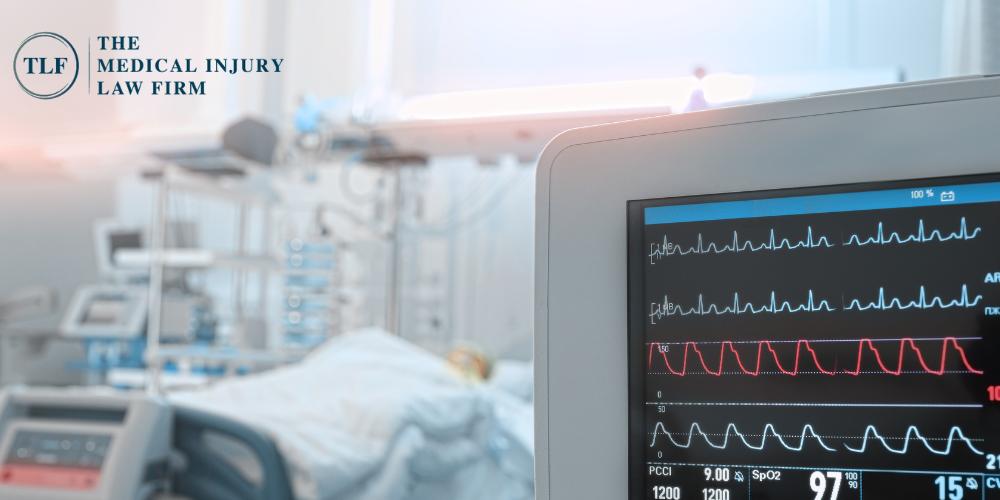
Symptoms and Risks of Heart Arrhythmias
Cardiac arrhythmias can present a variety of symptoms, depending on the type and severity of the arrhythmia. Common symptoms include:
- Heart palpitations
- Dizziness or light-headedness
- Shortness of breath
- Chest pain or discomfort
- Fatigue or weakness
- Syncope (fainting)
- Anxiety
If you experience these symptoms, you should seek immediate medical care. However, it’s important to note that some arrhythmias may be asymptomatic and only discovered during a physical examination or through cardiac testing.
Additionally, while some arrhythmias are harmless, others can cause severe heart damage, increasing a person’s risk of:
- Syncope
- Fatigue
- Low or high blood pressure
- Heart damage
- Heart failure
- Cardiac arrest
- Stroke
Heart Arrhythmia Treatments
Healthcare professionals can treat arrhythmias in many different ways. Some of the most common treatments for arrhythmia include:
- Lifestyle changes – Often recommended to treat mild arrhythmias and reduce stress on the heart
- Medications – Can be used to control heart rhythm or heart rate, manage high blood pressure, or prevent blood clots
- Cardioversion – A procedure where an electric shock is used to help reset the heart to a normal rhythm
- Catheter ablation – A procedure where a catheter is sent into the blood vessels to correct structural problems within the heart
- Pacemaker – An implanted device which is used to help control abnormal heart rhythms, particularly slow rhythms
- Implantable cardioverter defibrillator (ICD) – An implanted device used to monitor heart rhythm and deliver electric shocks when necessary to restore a normal heartbeat
- Maze surgery – A procedure used to create a pattern of scar tissue in the heart, which can help direct electrical impulses
- Vagal maneuvers – Actions like coughing or “bearing down” to help regulate heartbeat
- Coronary Bypass Surgery – A procedure used to improve blood supply to the heart muscle
Treatment options depend on various factors, including the type, severity, and underlying cause of the arrhythmia. Additionally, some more serious arrhythmias may require a combination of treatments for effective management.
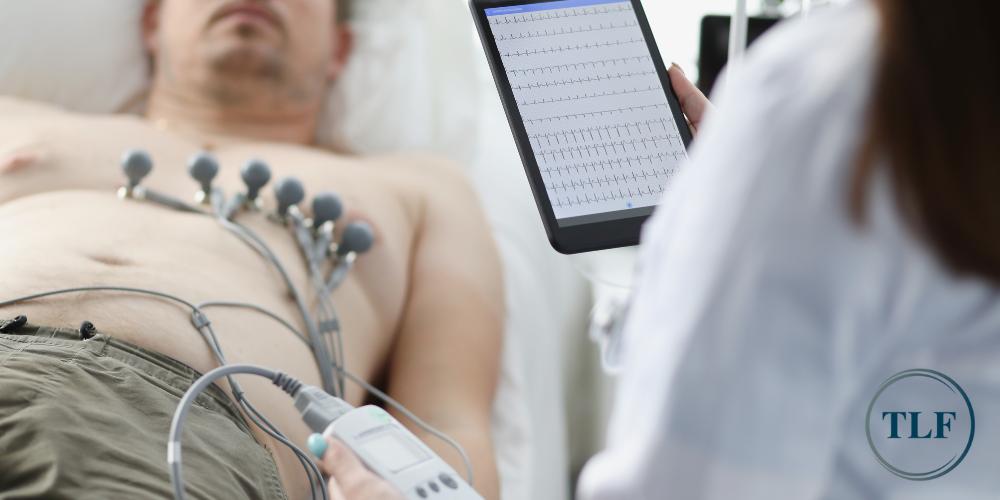
Medical Standard of Care for Diagnosing Heart Arrhythmias
In order to diagnose heart arrhythmia, doctors use a comprehensive approach, ensuring that they can correctly diagnose and treat the arrhythmia. Initially, doctors will review the patient’s medical history and ask if their family has a history of conditions like heart disease. They’ll also complete a physical exam, checking the patient’s heart rhythm and the sound of their heart.
The most common and pivotal test is the electrocardiogram (ECG or EKG), which records the electrical impulses of the heart, identifying irregularities in heart rhythm and structure. For arrhythmias that may not be captured during a standard ECG, healthcare providers may use Holter monitors or event recorders, which monitor heart rhythms over an extended period.
In some cases, additional diagnostic procedures may be necessary. These can include an echocardiogram (ultrasound of the heart), stress test, cardiac catheterization, and/or imaging techniques like MRI or CT scans. In certain scenarios, genetic testing may also be recommended.
The generally-accepted standard of care dictates that healthcare providers must consider and rule out other potential causes for the irregular heartbeat. These can include electrolyte imbalances, thyroid disorders, or the effects of medications.
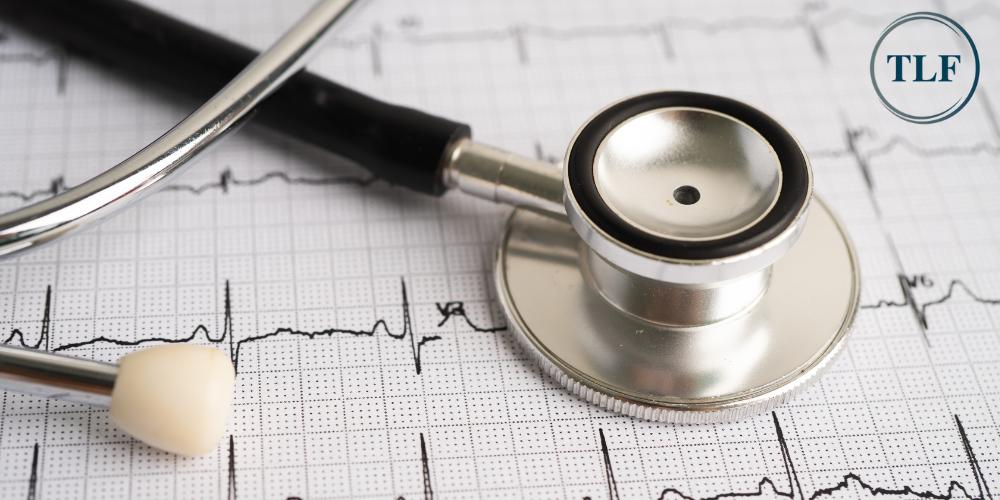
Importance of Early Diagnosis and Treatment
The early diagnosis and treatment of heart arrhythmias are crucial for preventing potential complications and improving patient outcomes. Timely identification of an arrhythmia allows for prompt intervention, which can significantly reduce the risk of severe consequences such as stroke, heart failure, or even wrongful death due to cardiac arrest.
Early heart arrhythmia treatment not only aims at managing the arrhythmia itself but also addresses any underlying conditions that may be contributing to the irregular heart rhythm. This proactive approach can include lifestyle modifications, medication, or more advanced treatments like catheter ablation or pacemaker implantation, tailored to the specific type and severity of the arrhythmia.
Early management can also help the patient maintain a better quality of life, enabling them to engage in their daily activities with fewer limitations. It also plays a key role in mitigating the long-term effects on the heart’s structure and function, preventing future complications.
Consequences of Failure to Diagnose or Treat Arrhythmias
When patients present the signs and symptoms of arrhythmia or are predisposed to heart complications, it’s important that medical professionals take the necessary steps to either rule out or diagnose heart arrhythmia. Failure to do so can result in serious consequences, such as heart failure, heart attack, and stroke, all of which can be extremely harmful and even deadly.
In the case of cardiac arrhythmias, patients may suffer from a missed diagnosis or lack of treatment if healthcare professionals do things like:
- Misread medical charts or test results
- Fail to perform diagnostic tests
- Ignore the patient’s symptoms
- Fail to review the patient’s medical history
Some healthcare professionals may not even consider arrhythmia as a potential diagnosis, especially when the patient is young, at a healthy weight, and is not predisposed to heart conditions.

Do You Have a Malpractice Claim?
If a doctor or other medical professional failed to diagnose you with arrhythmia or failed to treat your arrhythmia, you may have a medical malpractice claim. Physicians and other medical professionals are required to provide their patients with a minimum standard of medical care.
When doctors fail to diagnose a patient with the correct condition, or the diagnosis is delayed, they deviate from the expected standard of care. This breach of duty of care can prevent patients from receiving life-saving treatment, which could lead them to develop other serious cardiac issues, worsen their current issues, or even lead to wrongful death.
If you believe that you have suffered from damages as a result of a doctor’s failure to provide you with the minimum standard of care, you may be able to file a medical malpractice lawsuit against the negligent physician or emergency room personnel responsible.
Damages for Failure to Diagnose Heart Arrhythmia
If you or a loved one has suffered injuries as a result of a failure to diagnose or treat arrhythmia, you may be able to recover damages in a medical malpractice suit, including:
- Medical expenses
- Lost wages
- Pain and suffering
- Rehabilitation services
- Emotional damages
- Disability
- Funeral and burial costs, in the event of a wrongful death
How a Medical Malpractice Attorney From TLF Can Help
It can be difficult to prove that a medical professional actually failed to provide their patient with the generally accepted standard of care. Luckily, medical malpractice attorneys like those at TLF: The Medical Injury Law Firm are skilled at finding evidence to prove that malpractice occurred, allowing them to build a case that supports the victim’s claims.
At TLF, we specialize in navigating complex medical malpractice cases with compassion and experience. We’ll conduct thorough investigations into your malpractice claim in order to prove the four elements of negligence were present in your case. Not only that, but we’ll call on expert witnesses who can help establish the required standard of care and further, that the standard was not met, allowing us to prove to the court that your doctor had the ability to diagnose and treat you, but simply failed to do so.
Our dedicated team is committed to advocating for your rights and seeking the justice you deserve. If your loved one passed away as a result of medical malpractice, we can even help you and your family recover wrongful death damages on their behalf.
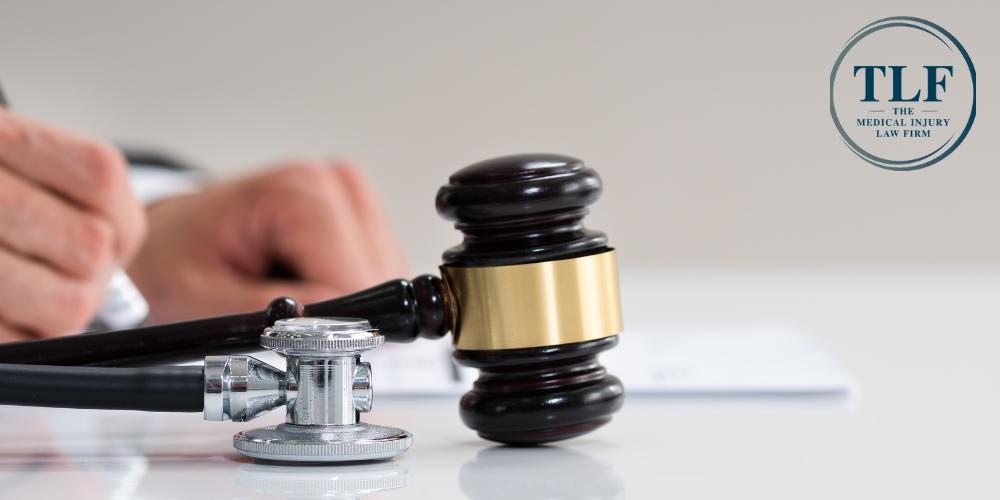
Call TLF: The Medical Injury Law Firm and Set Up a Free Consultation Today
When doctors fail to treat and diagnose heart arrhythmia, they can cause serious and life-threatening health conditions. If you or a loved one has suffered due to the misdiagnosis or improper treatment of a heart arrhythmia, it’s important that you explore your legal options as soon as possible. We at the TLF: The Medical Injury Law Firm are here to help you take your next step towards recovery.
We understand the profound impact medical errors can have on your health, well-being, and future. That’s why we provide our clients with a comprehensive approach to their medical malpractice cases, ensuring that they receive the maximum compensation possible.
At TLF, we offer our clients a free initial consultation so they can discuss their case with an experienced legal professional at no cost to them. With two locations, we offer the residents of both Ohio and Northern Kentucky the legal representation they deserve. You can call our Covington, KY office at (859) 578-9130 or our Cincinnati, OH office at (513) 651-4130. You can also call us toll-free at (800) 698-4054 or contact us online via our website.
Practice Areas
You Pay No Fees Unless We Win!
We are happy to offer a free consultation to evaluate your case. If you hire us as your legal counsel, we will represent you on a contingency-fee basis. You will pay no attorneys’ fees unless we recover financial damages.
